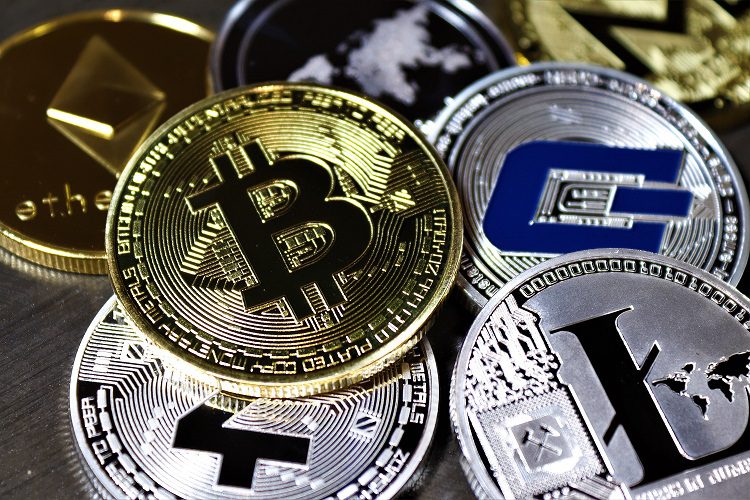
Reining in Crypto
This year has already been a rollercoaster for cryptocurrency. Regulators and lawmakers don’t seem amused. In January, Sam Bankman-Fried, the founder of collapsed cryptocurrency exchange FTX, pleaded not guilty to two counts of wire fraud and six counts of conspiracy. The charges were filed by the U.S. Attorney’s office, who called the whole thing “a fraud of epic proportions.” In summary, the charges allege that Bankman-Fried stole customer funds from FTX to cover loans taken out by Alameda Research (FTX’s affiliated crypto hedge fund), to make investments in other companies, and to donate to campaigns of politicians. After a period under house arrest, a federal judge in NY revoked Bankman-Fried’s bail last Friday and sent him to jail to await his jury trial.
After the FTX collapse, we saw a series of comments from the Securities and Exchange Commission (SEC). The current chair of the SEC, Gary Gensler, is clearly not a fan of cryptocurrency. He has described the crypto markets as “more like the Wild West” and has been working to put the brakes on crypto for years. I expect the recent increase in popularity in the US has only added to his concern. According to a National Bureau of Economic Research paper with a TikTok-worthy title- Do you even Crypto Bro?, the percentage of people in the US owning crypto is up to 12 percent this year. Last year, that percentage grew to 11 percent from 3 percent.
In June, after months of foreboding, Gensler’s office filed more than a dozen charges against the largest crypto exchanges Binance and Coinbase, and Binance’s founder and chief executive, Changpeng Zhao (CZ). Binance is a huge player. It’s not just an exchange. It has a research arm, a lending business, a debit card (in some countries), and a marketplace for digital art and riskier assets, like crypto derivatives.
In the SEC’s estimation, cryptocurrency is a security, more like a stock, not a commodity. If this is confirmed in courts, it could mean the SEC has regulatory purview. It already looks like some lawmakers agree. Last month, Senators Cynthia Lummis and Kirsten Gillibrand introduced an update of their Fall 2022 bipartisan bill to address these very issues. The bill seeks to make a clear distinction between a security and a commodity, with the latter being overseen by the Commodities Futures Trading Commission (CFTC). Any non-securities crypto assets would have to be registered with the CFTC. It also includes some new consumer protections and anti-money laundering rules.
Although the recent increases suggest more Americans are adopting cryptocurrencies, most crypto trading (86% based on a June article from Reflexivity Research) still occurs outside the United States. This suggests current regulatory efforts will have limited impact on the digital currency landscape other than to drive the crypto markets further offshore.
I am sure the battle to define and regulate crypto is far from over, but hopefully, the changes will bring about some much-needed protections and clarity to potential investors.
Whitney Butler
